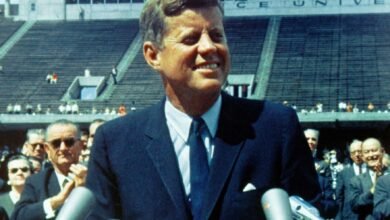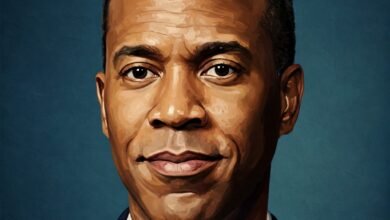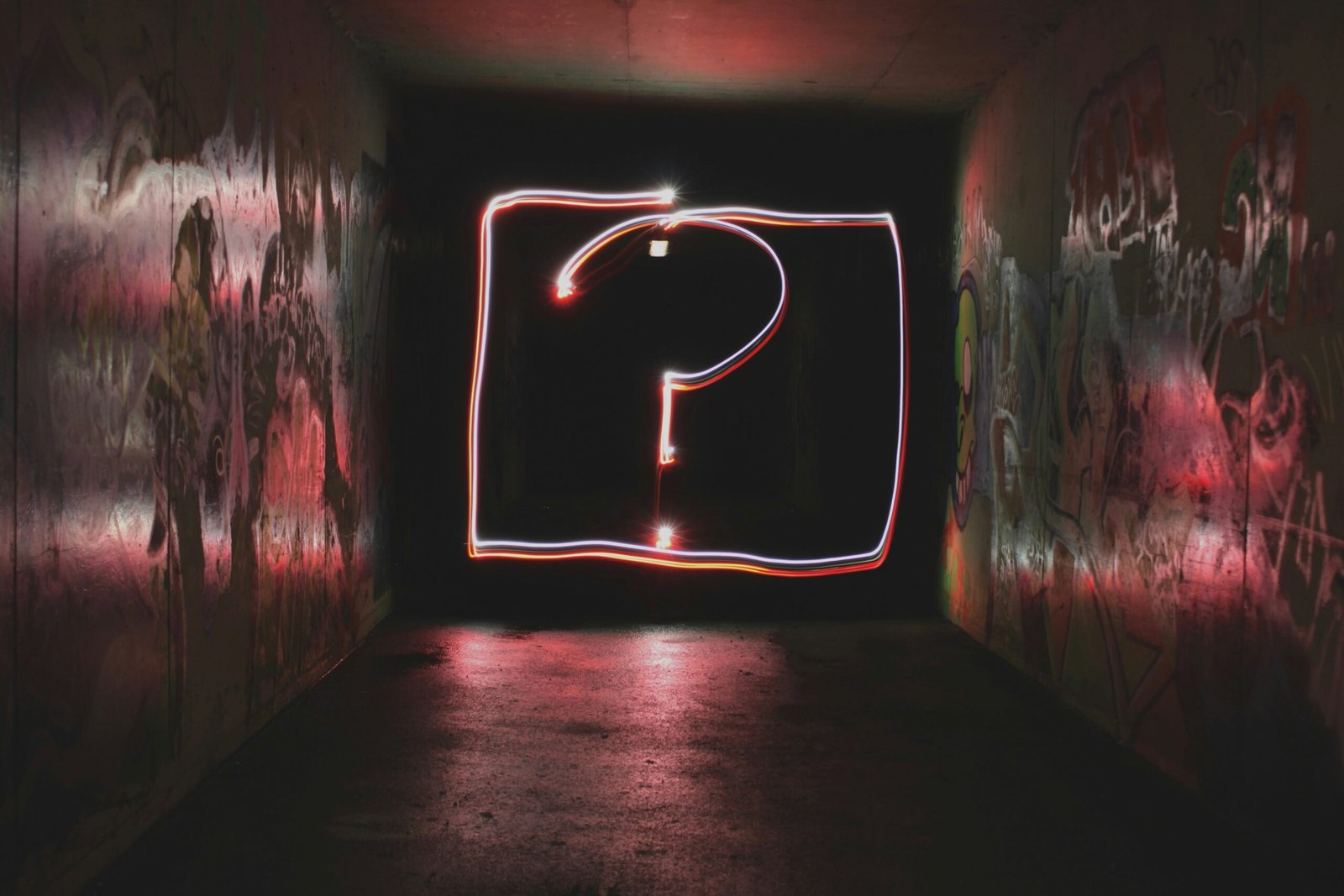Illuminati and the New World Order: A Historical Perspective

Introduction to the Illuminati
The Illuminati, a term that has transcended its historical roots to become synonymous with conspiracy theories, traces its origins to the late 18th century. Founded in 1776 by Adam Weishaupt, a professor of canon law at the University of Ingolstadt in Bavaria, this clandestine organization emerged as a response to the prevailing socio-political and religious hierarchies of the time. At its inception, the Bavarian Illuminati sought to propagate Enlightenment ideals, which emphasized reason, science, and secularism as antidotes to the dogma and superstition characteristic of the era.
The primary objectives of the Illuminati were to promote rational thought and moral integrity, positioning themselves against the oppressive structures of authority that stifled individual freedom and intellectual progress. Weishaupt and his followers firmly believed in the necessity of reforming society through covert influence, aiming to instigate change from within established institutions. This was indicative of the broader Enlightenment movement that championed values such as liberty, equality, and fraternity.
The Illuminati’s guiding principles included the advocacy of freedom of thought, the importance of education, and the need to challenge accepted norms that led to tyranny. In its early stages, the group attracted a range of prominent intellectuals and progressive thinkers who were disillusioned with the existing political and religious frameworks. Through secret meetings and intricate rituals, the Illuminati sought to foster a community of like-minded individuals who could collectively work towards the realization of a more enlightened society.
However, the group’s secretive nature and ambitious goals engendered suspicion and led to its disbandment by the Bavarian government in 1785. Despite its brief existence, the legacy of the Illuminati has continued to fuel speculation and various interpretations in contemporary society, often serving as a focal point for discussions surrounding clandestine organizations and their role in shaping world affairs.
The Historical Context of the Illuminati
The formation of the Illuminati in 1776 cannot be understood without examining the socio-political climate of Europe during that period. The Enlightenment, a movement characterized by an emphasis on reason, individualism, and skepticism of traditional authorities, played a pivotal role in shaping the values and objectives of the Illuminati. Philosophers like Voltaire, Rousseau, and Montesquieu emphasized rational thought over superstition, encouraging debates around governance, freedom, and human rights. This intellectual awakening laid the foundation for a burgeoning desire for reform and the questioning of established institutions.
In tandem with the Enlightenment, the rise of Freemasonry significantly influenced the Illuminati’s foundational principles. Freemasonry, a fraternal organization promoting moral and ethical development, attracted a diverse membership from various social and economic backgrounds. The Freemasons provided a framework for the clandestine gatherings of intellectuals and reformists who advocated for transformative ideas within a society marked by oppressive monarchies. Many of the initial members of the Illuminati were influenced by those Masonic ideals, seeking to promote enlightenment values further through secretive means.
The socio-political landscape of the late 18th century was also marked by significant struggles against monarchies and the authority of the Catholic Church. The dissatisfaction with absolute monarchies, which often suppressed dissent and limited individual rights, created fertile ground for groups like the Illuminati to thrive. Similarly, the Catholic Church exerted substantial influence over societal norms, and its opposition to Enlightenment thinking intensified the desire among intellectuals to establish an alternative order. This growing friction between traditional authority and emerging progressive ideologies contributed to the Illuminati’s inception and eventual expansion, as members sought to embody a revolutionary force advocating for political and social change.
The Decline of the Illuminati
The Bavarian Illuminati, founded in 1776 by Adam Weishaupt, experienced a swift decline by the late 1700s, primarily due to external pressures and internal challenges. Initially established as a secret society aimed at promoting Enlightenment ideals such as reason, secularism, and the separation of church and state, the organization found itself at odds with existing power structures. The group’s ambitious goals and clandestine operations aroused suspicion among authorities, leading to significant governmental crackdowns. In 1785, the Bavarian government, alarmed by the alleged subversive activities of the Illuminati, prohibited the society alongside other secret organizations, resulting in extensive arrests and the confiscation of documents.
Furthermore, the group’s secretive nature, characterized by its clandestine meetings and hidden agendas, fostered an environment rife with mistrust. The lack of transparency ultimately weakened the Illuminati, as many potential members viewed the organization as elitist and exclusionary. This contributed to a decline in recruitment, further diminishing its influence and operational capacity. The sweeping campaigns initiated by the Bavarian authorities, coupled with a growing public skepticism, significantly limited the organization’s ability to function effectively.
In the years following its suppression, myths and conspiracy theories emerged regarding the purported survival and influence of the Illuminati. Such narratives have often portrayed the organization as a shadowy force manipulating global events from behind the scenes. Despite the dissolution of the Bavarian Illuminati, the fascination with its legacy persists. The combination of secrecy, speculation, and historical intrigue continues to inspire conspiracy theories—ensuring that the erstwhile organization maintains a place in the popular imagination, albeit in a vastly transformed context. This enduring intrigue underscores the paradox of a group that sought to promote enlightenment ideals yet became synonymous with dark conspiracy theories.
The Concept of New World Order
The term “New World Order” (NWO) has garnered various interpretations and meanings throughout history, particularly in the political realm. Initially, the phrase was popularized following significant global events, such as the end of the Cold War in the late 20th century. In this context, it referred to the anticipated new era of international relations characterized by increased cooperation among nations, the promotion of democracy, and economic interdependence. In essence, the NWO denoted an aspiration towards a more unified and peaceful global community.
However, the concept of a New World Order has evolved to encompass broader meanings, often intertwining with notions of globalization. Globalization can be viewed as a process that not only facilitates economic integration but also fosters cultural exchanges, technological advancements, and intergovernmental cooperation. Critics argue that globalization can lead to a loss of sovereignty, suggesting that nations may yield control to supranational entities, thereby contributing to the shifting of power dynamics on a global scale.
Additionally, the term has frequently been associated with various conspiracy theories that link the concept to organizations such as the Illuminati. These theories propose that a small, secretive elite seeks to manipulate world events to establish an authoritarian regime that operates behind the scenes. While many of these claims lack substantive evidence and are often dismissed as paranoia, they remain pervasive in public discourse, illustrating society’s distrust of power structures.
Thus, the New World Order encapsulates a spectrum of meanings, from legitimate shifts in global dynamics to the darker corners of conspiracy theories. Understanding the multifaceted interpretations of the NWO is crucial for examining its implications in contemporary politics. Establishing this foundational understanding paves the way for deeper exploration into the connections between the Illuminati and the concept of the New World Order.
Modern Interpretations of the Illuminati
The term “Illuminati” has significantly evolved from its historical roots, morphing into a broad and often misunderstood catch-all phrase in contemporary discourse. Initially referring to the Bavarian Illuminati, a secret society founded in the late 18th century, the term has since been repurposed by various conspiracy theories claiming that an elite group manipulates global events. This shift in interpretation can be attributed to a combination of historical intrigue, cultural representation, and a growing distrust of authority.
In recent years, popular culture has played a pivotal role in shaping contemporary perceptions of the Illuminati. Numerous films, television shows, and music videos have depicted the Illuminati as a powerful and clandestine organization that influences politics, economics, and social structures. These portrayals often suggest an omnipotent cabal orchestrating wars, economic crises, and significant political shifts. While such representations are fictional, they contribute to a pervasive narrative suggesting that behind-the-scenes forces are controlling the trajectory of world events.
The resurgence of interest in the Illuminati can also be linked to a broader societal trend toward conspiracy theories amid political and economic uncertainty. Many individuals seeking to make sense of complex global dynamics may latch onto the notion of a hidden hand steering their fate. This inclination is further exacerbated by the internet, where conspiracy theories proliferate, allowing for the radical reinterpretation of historical facts and events. Online forums, social media, and videos amplify these theories, facilitating the spread of the narrative that the Illuminati remains a substantial factor in contemporary society. As a result, the usage of the term “Illuminati” has detached from its original meaning, becoming a versatile symbol of fear and speculation about opaque power dynamics. This transformation highlights the evolving nature of public discourse surrounding secret societies and the implications of such beliefs on collective behavior and decision-making.
The Relationship Between the Illuminati and New World Order Theories
The Illuminati, a term referring to various groups, both real and fictional, has frequently been linked with New World Order (NWO) theories. The concept of a New World Order involves the idea of a clandestine power elite orchestrating significant global events to establish a totalitarian world government. This perception suggests that the Illuminati, often depicted as a shadowy and secretive organization, plays a critical role in shaping this new global landscape. The historical roots of the Illuminati can be traced back to the Bavarian Illuminati, founded in 1776. Originally intended to promote Enlightenment ideals and critical thinking, the group was disbanded in the late 18th century. However, its legacy continued, morphing into various conspiracy theories that claim the Illuminati exists today and is instrumental in implementing a New World Order.
Several factors contribute to this association. First, the original Illuminati’s emphasis on secrecy and philosophical elitism resonates with contemporary fears of unchecked power and corruption within the elite. Additionally, the proliferation of communication technologies has enabled the rapid dissemination of conspiracy narratives that link historical events, such as the French Revolution or the founding of the United Nations, to the ambitions of the Illuminati. Such connections are often fueled by a natural human tendency to seek patterns amidst chaos, particularly during times of social and political upheaval.
Moreover, modern interpretations of the Illuminati have expanded significantly, drawing connections to various global movements, financial institutions, and influential political figures. The belief that these entities are working behind the scenes to control world events contributes significantly to the allure of New World Order theories. As a result, the Illuminati is often perceived not merely as a historical entity but as an ongoing force within a broader narrative of global manipulation. This narrative reflects societal anxieties surrounding globalization, technology, and shifting power dynamics in contemporary politics.
Criticisms and Debunking of the Illuminati Theory
The belief in the Illuminati as a powerful, secretive organization influencing global affairs has gained traction over the years, but it is met with substantial skepticism from historians and scholars. Numerous researchers argue that contemporary interpretations of the Illuminati often distort historical facts. The original Bavarian Illuminati, founded in 1776, was a short-lived Enlightenment-era secret society aiming to promote rationalism and combat religious intolerance. It was disbanded in 1785, raising questions about the sustained claims of its modern-day existence and influence.
Critics emphasize that the proliferation of Illuminati theories often overlooks the complexity and multifaceted nature of social and political systems. Rather than attributing global events and decisions to a hidden group, it is crucial to examine the apparent failures, systemic inequalities, and power struggles inherent within societies. Reliance on conspiracy theories regarding the Illuminati can distract from these critical issues, diverting attention from pressing political, economic, and social challenges that require genuine scrutiny and decisive action.
Furthermore, the tendency to conflate various groups under the umbrella term “Illuminati” can lead to an oversimplification of intricate history. Historians point out that this amalgamation often includes elements of anti-Semitism, xenophobia, or political polarization, reflecting broader societal anxieties rather than a coherent understanding of historical facts. The lack of credible evidence supporting ongoing Illuminati influence only bolsters the argument against its legitimacy as a viable theory. Skeptical perspectives advocate for a more rational approach to understanding global dynamics, one that relies on verifiable data and comprehensive analysis, rather than unfounded conspiracy narratives that may perpetuate misinformation and social discord.
The Role of Media in Shaping the Illuminati Narrative
The media has played a significant role in shaping the narrative surrounding the Illuminati and the New World Order. From traditional forms of media, such as newspapers and television, to the rise of social media platforms, the portrayal of these theories has disseminated widely, influencing public perception. Movies, literature, and online discussions have propelled the mythos of the Illuminati into mainstream consciousness.
Films like “The Da Vinci Code” and “National Treasure” juxtapose fictional narratives with real historical elements, stirring public intrigue. These cinematic tales often incorporate the Illuminati as shadowy figures orchestrating global events, weaving an intricate tapestry of conspiracy. Such representations can lead audiences to perceive these theories as more plausible or rooted in reality, despite their fictional origins. Consequently, cinematic portrayals have contributed to a distorted understanding of historical facts, making the concept of a cohesive, secret elite more appealing.
Literature, too, has been essential in promoting the idea of the New World Order. Authors such as Dan Brown and others have categorized the Illuminati as a criminal syndicate manipulating global systems. This narrative caters to a growing audience seeking to unveil hidden truths and question authority. The sensationalization within literature invites readers to engage with theories that may otherwise be overlooked in academic discourse.
Social media serves as a contemporary battleground for the exchange of conspiracy theories. Platforms like Twitter, Facebook, and Reddit allow for immediate, unrestricted sharing of information. Often, this unfiltered access can amplify misinformation and exaggerate claims regarding the Illuminati. Discussions that flourish in these online spaces shape collective beliefs, as users correlate personal ideologies with expanded explanations of global affairs. Overall, the media’s pervasive influence molds public perception, blurring the line between fact and fiction in the ongoing intrigue surrounding the Illuminati and the New World Order.
Conclusion: The Legacy of the Illuminati and the New World Order
The Illuminati, often shrouded in myth and conspiracy, has played a significant role in shaping our understanding of societal structures and power dynamics throughout history. Rooted in the late 18th century, this secret society was initially founded to promote Enlightenment ideals and curb the influence of religious and political authoritarianism. However, over time, its name has become synonymous with theories about global manipulation and the emergence of a New World Order (NWO). This transformation highlights the enduring nature of the Illuminati’s legacy in cultural and political discourse.
The concept of a New World Order, frequently associated with the Illuminati, explores the intersection of historical events and conspiracy theories that suggest a coordinated effort to influence world governance. This narrative perpetuates the belief that elite groups exert control over political systems for their gain, which has implications for how contemporary politics are perceived. The allure of these theories can often overshadow the complexities of actual political developments, creating a landscape where discerning fact from fiction becomes integral to navigability within current events.
In examining the historical significance of the Illuminati and its link to the New World Order, it becomes evident that these ideas are not merely relics of the past. Rather, they resonate within the contemporary political landscape, prompting discussions about transparency, power, and the role of conspiracy in the public consciousness. Such narratives can influence public sentiment and policy decisions, demonstrating the potent interplay between myth and reality in shaping societal perceptions. By critically engaging with these concepts, individuals can foster a more nuanced understanding of the forces that govern their lives.






















